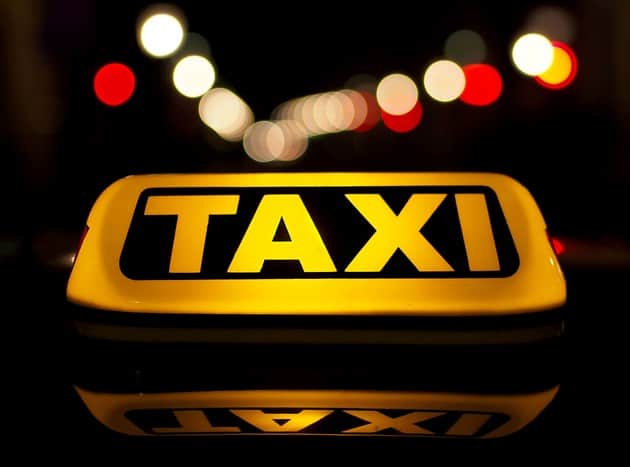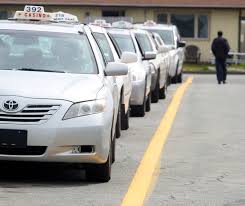
LocalXpress photo
Last week, Halifax police outlined what women who take cabs “can do for their own personal safety.” The warnings follow a spike in reported sexual assaults in taxis: five in the last year, three in the last month.
Women should:
- telephone, rather than hail a taxi so there’s a record of their call;
- note the taxi-company name and roof-light number;
- check the posted driver’s licence and photo;
- sit in the back seat behind the driver;
- keep their cellphone handy in case …
“Did you get all that?” my Metro Halifax colleague Haley Ryan rightly asked. “It’s alarming in 2016 to have the focus placed so heavily on what women can do to make sure they’re not inappropriately touched or violated.”
Agreed.
And yet…
It’s worth noting police closed five of 14 taxi sexual assault investigations during the past five years without charge — because of a “lack of solvability.” Presumably that means police and/or the victim couldn’t connect the perpetrator to the assault.
Sexual assaults —we know — are notoriously difficult to prosecute. The more information investigators have to work with, the better.

Halifax Metro
Authorities, of course, have prime responsibility. “The onus,” Mayor Mike Savage correctly noted, “has to be on us, on the industry… to make sure we provide a safe environment.”
In addition to announced plans to distribute taxi-number sticker decals to post visibly inside each cab, regulators should re-examine driver licensing and training procedures, and require every cab to have a dashboard cam and GPS tracking device.
Washington, D.C., now even requires all its cabs to be equipped with silent backseat “panic buttons” so threatened passengers can immediately notify police dispatchers. And New York — where 14 of 166 reported rapes last year were committed by taxi drivers — is considering legislation fining and/or suspending drivers for even “engaging in any conversation related to sexual acts and sexual contact, or any other matter relating to… gender, physical appearance, expressing a desire to see or touch another person’s body or expressing a desire to enter into any type of relationship…”
Even with all of that, of course, the onus, unfortunately, will still be on victims to report their assaults — and to provide police with as much identifying information as possible to help catch the perpetrators.
Making most of those police “personal safety” suggestions unfortunately necessary.



 STEPHEN KIMBER, a Professor of Journalism at the University of King's College in Halifax and co-founder of its MFA in Creative Nonfiction Program, is an award-winning writer, editor and broadcaster. He is the author of two novels and eight non-fiction books. Buy his books
STEPHEN KIMBER, a Professor of Journalism at the University of King's College in Halifax and co-founder of its MFA in Creative Nonfiction Program, is an award-winning writer, editor and broadcaster. He is the author of two novels and eight non-fiction books. Buy his books